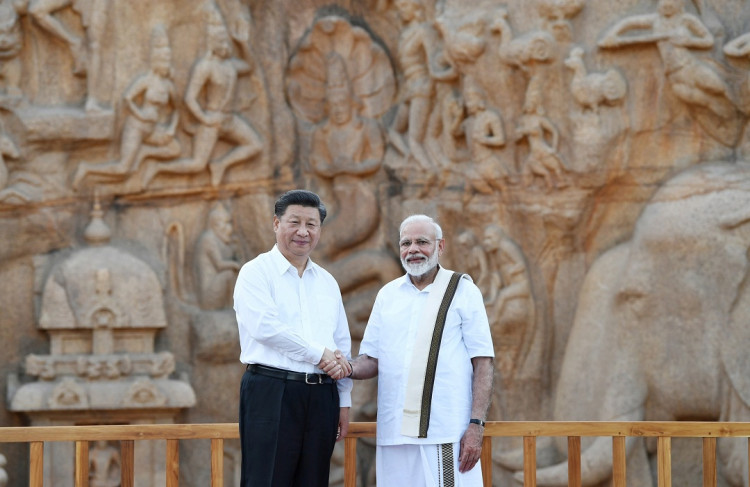Indian authorities ordered the suspension of 600 million USD worth of business deals with Chinese companies after the deadly border clash between the countries. The announcement came after three Chinese companies sought clarity over their business deals and how to proceed amid the conflict.
Last Monday, officials in the western Indian state of Maharashtra announced that they are reviewing the agreements entered into with the three Chinese companies. The preliminary agreements were announced last week through the local government initiative.
The agreements were established to revive the Indian economy from the adverse effects of the pandemic to the country. The Indian economic growth was slowing before the pandemic occurred. Its gross domestic product (GDP) was forecasted to drop in 2020 for the first time since 1979.
The China-India border clash resulted in 20 dead Indian troops last week. It led China and India to a diplomatic and military standoff and threatened economic growth in both countries. China currently stands as the largest importer of goods into India.
Both countries are home to technology's global powerhouses. Chinese tech giants also invested billions of dollars into Indian startups, while smartphone makers from China dominate the Indian market.
The Chinese company severely affected by the standoff is Chinese automaker Great Wall Motors. The business deal is at higher risk in Maharashtra worth 500 million USD. Other deals between India and China is with Chinese industrial manufacturer Hengli Engineering and Beijing-based automaker Foton Motor. These joint ventures were engaged with Indian electric bus company PMI.
Indian officials did not disclose other Indian companies in business deals with China and those that would be affected by the clash. Local firms such as Varun Beverages who is a supplier of Pepsi products in the country and prominent real estate Hiranandani Group revealed their connections.
Tensions between China and India continue to worsen after the violent exchange at the border. Indian troops at the border have been instructed to retaliate when met with aggression and transgression from China with equal force.
Last Monday, industry minister for the state of Maharashtra Subhash Desai announced through his official Twitter account that the Indian government's media accounts have been waiting for advice from the central government. The latter has been assessing the current business climate between the countries and would announce a clear policy as it moves forward on deals with the Chinese companies.
The recent border clash was referred to as a turning point on India's bilateral relationship with China. However, former Indian ambassador to China Nirupama Rao claimed that it is still not the breaking point.
The face-off in the Himalayas triggered calls to boycott Chinese products sold in India as an anti-China sentiment in the country. Nevertheless, experts believed that it would be more difficult for New Delhi to abolish its trade and economic ties with China as the former is significantly dependent on China's supply.






